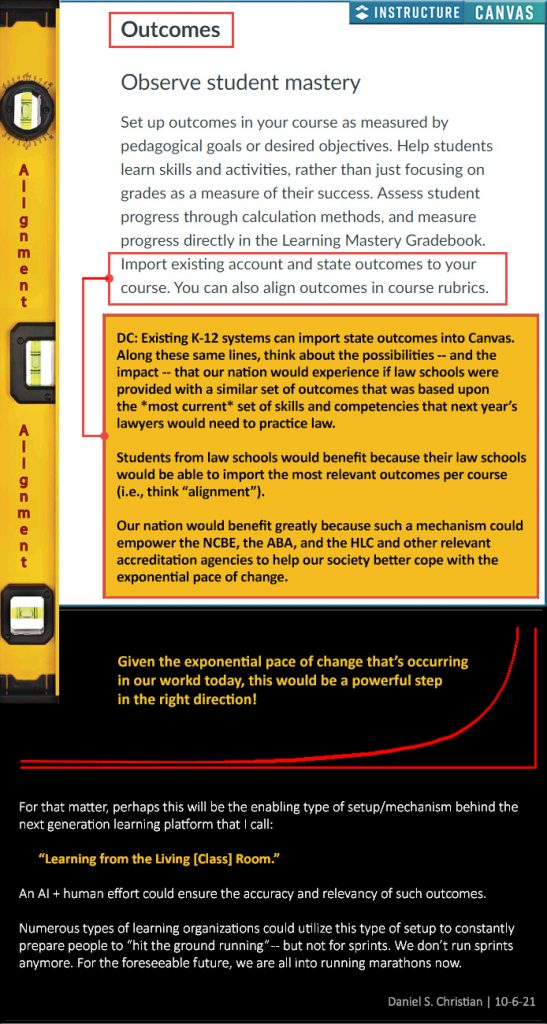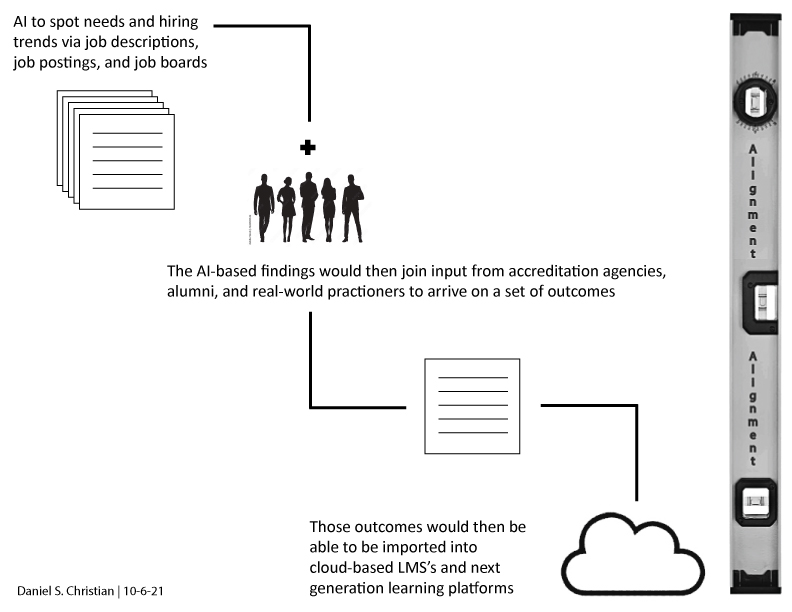From DSC:
I was reading about a Ph.D. who was currently doing some research into the science of learning. This person had been teaching in a School of Education for years, but just (relatively) recently embarked on a Ph.D. During this person’s research, they came across a lot more information regarding the science of learning.
If this was true with someone who had been in education for years (and I can relate to that as well), it made me wonder:
- How can we better get the word out to our learners re: how they can maximize their Return On Investment (ROI) from their studying time and efforts…?
Then I thought, why couldn’t we put these tips directly into our banners on our CMS’s and LMS’s and/or link our banners to some other web pages/resources that provide such best practices and tips for our learners!?! This could occur within the corporate training world as well.
Examples:


Along these lines, we should have 11×17 (or larger) posters like this plastered in every hallway of every learning space out there:










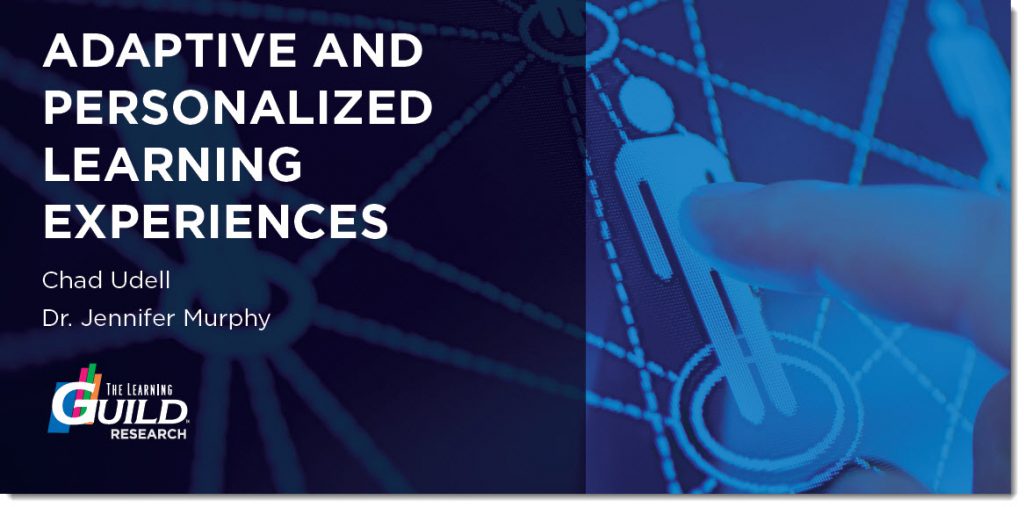
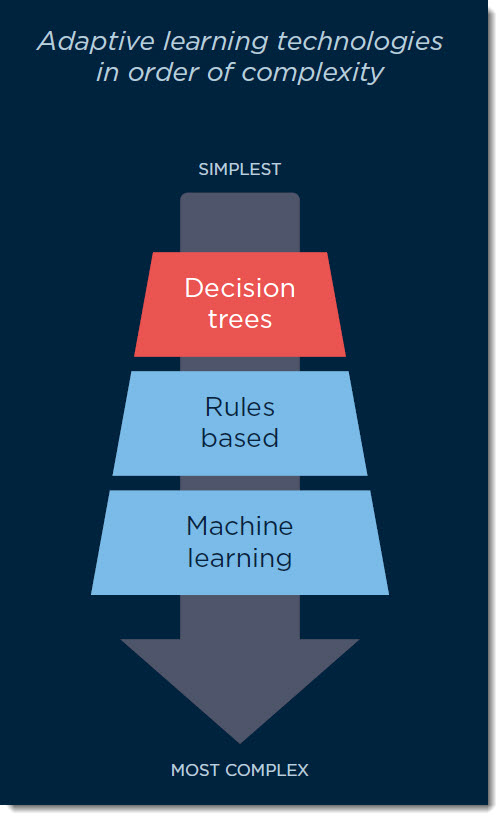
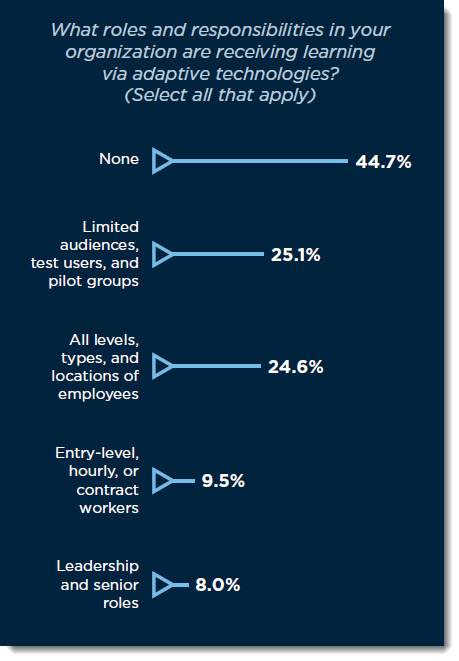
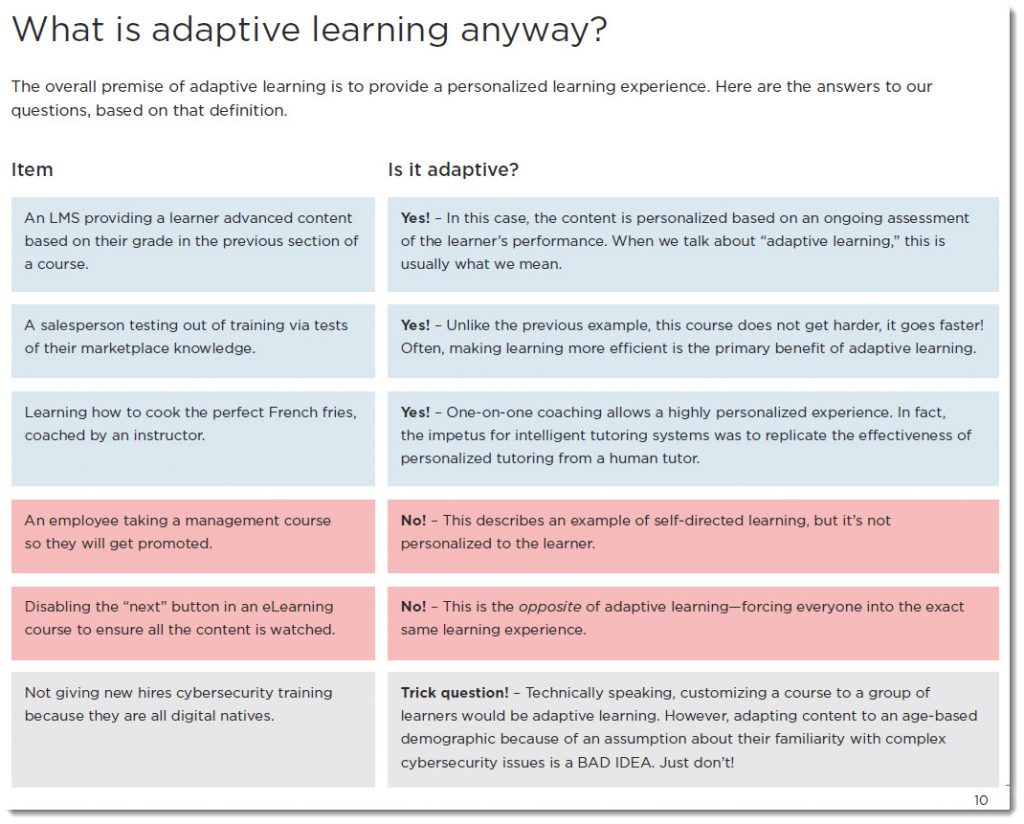
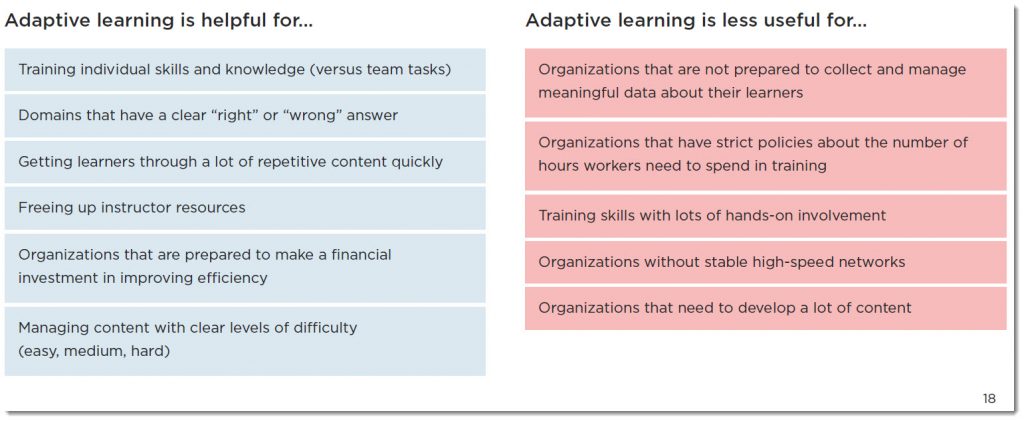
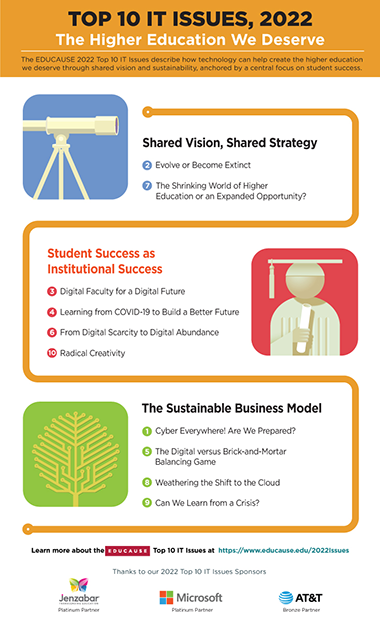
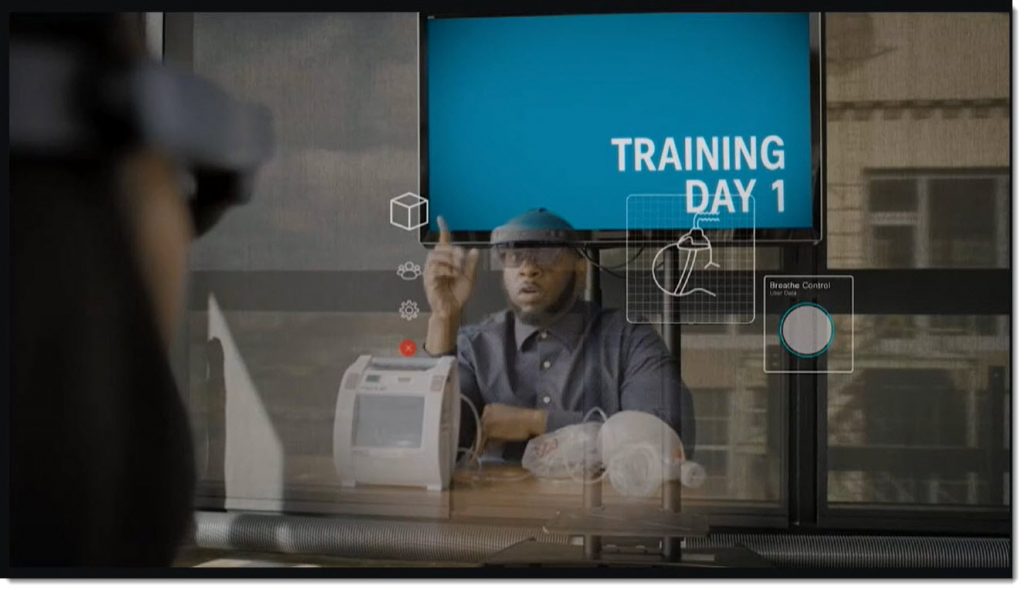
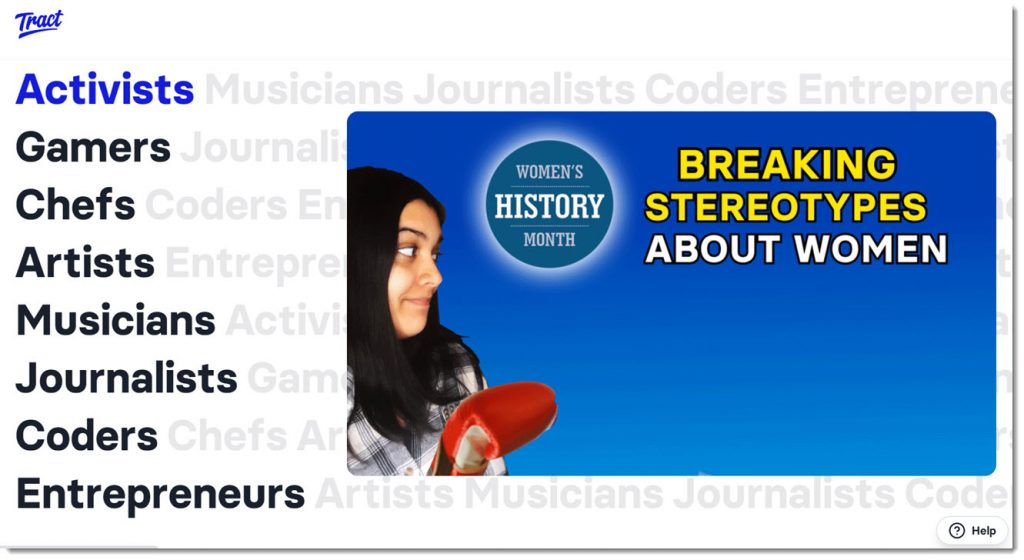
 Source:
Source: 